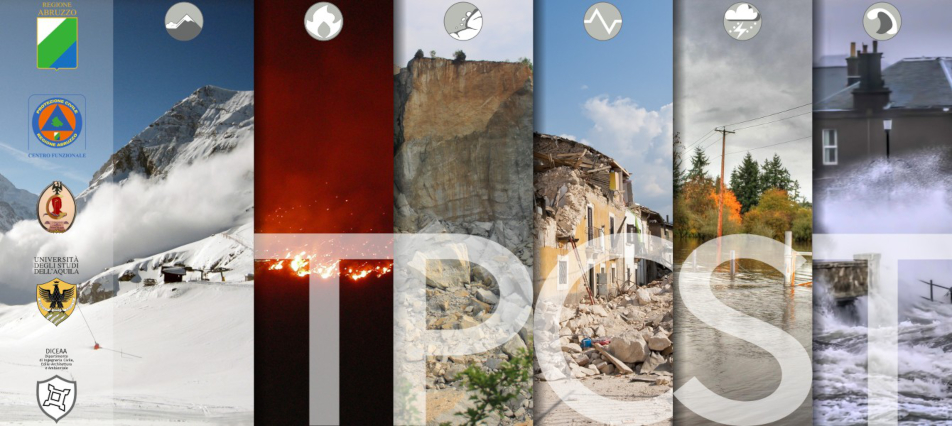The course, which does not give direct access to the Master's Degree in Civil Engineering (LM-23) and in Engineering for the Environment and the Territory (LM-35), was in fact conceived in close collaboration with the Regional Civil Protection and the College of Surveyors and Graduate Surveyors: the aim is to train a professional figure who can be part of the Civil Protection procedures and land management.
The necessity of the training objective arises from the territorial condition, both local and national, which sees an increasing sensitivity regarding the management of the territory and the management of the emergency. Several meetings, in fact, have been held with the "Regional Civil Protection" and the "College of Surveyors and Graduate Surveyors" of the Province of L'Aquila that, with purposes and contents substantially similar, consider necessary the cultural and technical training of the professional figure that the Course intends to provide.
Following the meetings and discussions with the "Regional Civil Protection" and "College of Surveyors and Graduate Surveyors" has emerged in fact the need of the labor market for highly trained technicians able to support the Administrations in planning the management of emergencies, direct consequence of the management of the territory. In order to further highlight the importance of the professional figure trained by the Study Course, the example of municipal and inter-municipal emergency planning, as provided for by the regulations, is given. It is evident the urgency to train technicians able to conceive such plans that, substantially, must: identify potential calamitous events; evaluate the entity of structures and services and quantify the number of people exposed to damage; define the operational organization necessary to reduce the effects (with particular attention to the safeguard of human life); define the responsibilities at the various levels of command and control. Therefore, it is clear that the drafting of plans must pass through the definition of risk scenarios (with assessment of vulnerability, exposure and territorial hazard).
The Course, with a highly professionalizing curriculum (and with dedicated teachings), aims to train technicians able to plan the management of the risk of the territory and emergency, able to define risk scenarios, able to insert themselves in the planning, design and management of systems and civil plants and for the environment and the territory.
The didactic organization is a direct consequence of the formative objective and of the typology of the Course. It consists of a two-year period during which, with conventional mode, the teachings are characterized by a strong professionalizing orientation alongside specific laboratory activities (mainly in the form of practical exercises). The course ends with a third year dedicated to internships in companies, public or private institutions for a total of 51 CFU.
The final test allows the acquisition of the degree.
As provided for by the national regulations, the course is open to a maximum number of 50 students.






